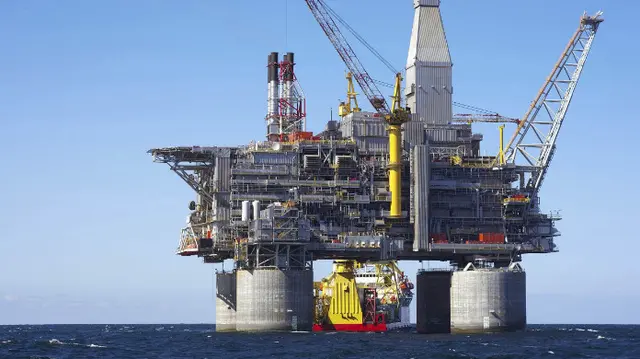European Union (EU) leaders will address economic issues in the following months as the weak recovery of the EU economy has raised "significant" concerns.
"In autumn, the European Council will address the economic situation and a dedicated euro summit will be convened," European Council President Herman Van Rompuy said early Sunday at a press conference after a special EU summit.
Van Rompuy said "the situation raises significant concerns," calling for a strong focus on jobs, growth and competitiveness.
"It's important that heads of state and government will discuss employment, especially youth employment, in October in Italy, based on previous meetings in Berlin and Paris," European Commission President Jose Manual Barroso told the same press conference.
"Job creation, based on growth, is obviously at the center of our priorities," Barroso said.
The eurozone's annual inflation rate dropped to 0.3 percent in August, from 0.4 percent in July, according to a flash estimate issued Friday by Eurostat, the EU statistical office.
The figure was well below the European Central Bank's target of 2 percent, and indicated a danger of deflation, analysts said.
The eurozone seasonally-adjusted unemployment rate was still as high as 11.6 percent in July, falling slightly from 11.9 percent in the same month of last year.
Meanwhile, the unemployment rate in the 28-member bloc was stable at 10.2 percent in July.
EU leaders gathered in Brussels Saturday to decide top EU positions and discuss further sanctions against Russia over Ukraine.
Polish Prime Minister Donald Tusk was elected as new European Council president, and Italian Foreign Minister Federica Mogherini was appointed the bloc's high representative for foreign affairs and security policy.
The leaders decided to give one week for Moscow to de-escalate the Ukraine crisis, otherwise they will impose tougher sanctions on Russia.
Some EU member states, however, feared the sanctions would damage their economies.
Earlier this month, Moscow has imposed restrictions on imports of meat, vegetables and fruits, milk and milk products from the EU for a year, to hit back against the EU sanctions.
The food ban has great impact on the EU farming sector and the bloc has to take supportive measures including financial aid to its farmers.
 简体中文
简体中文





